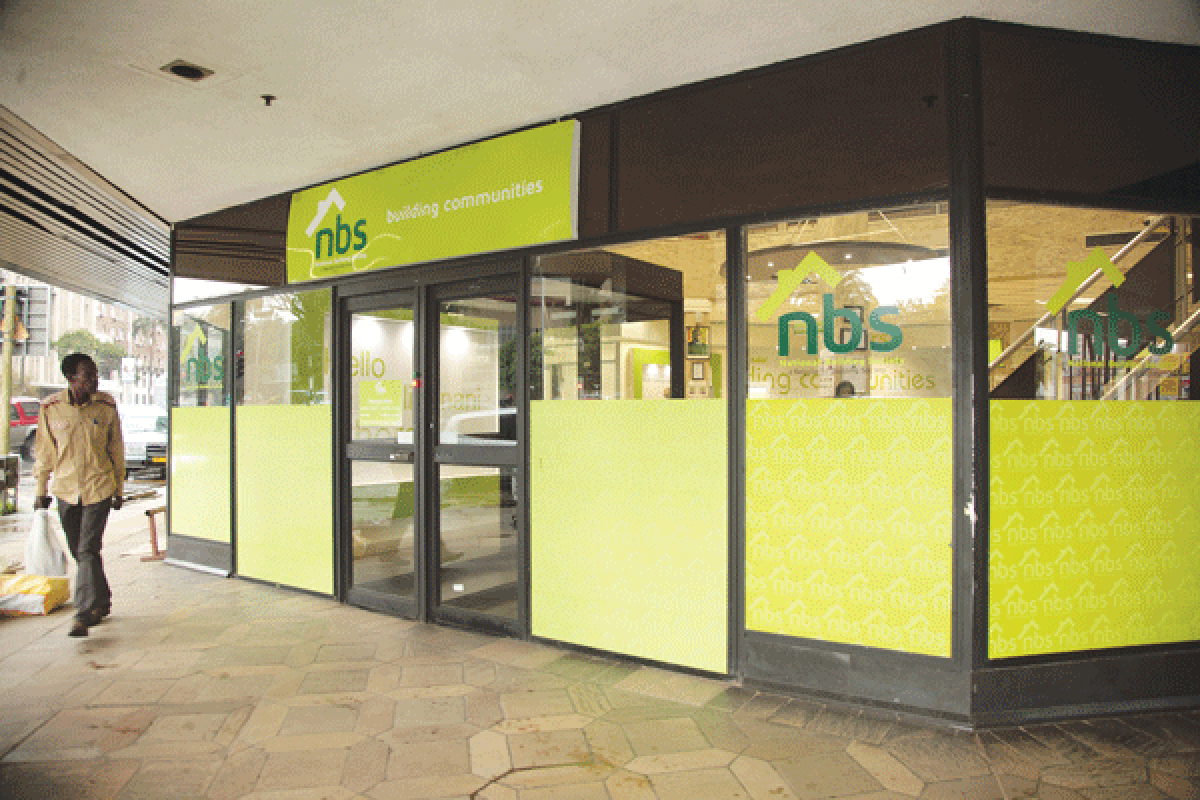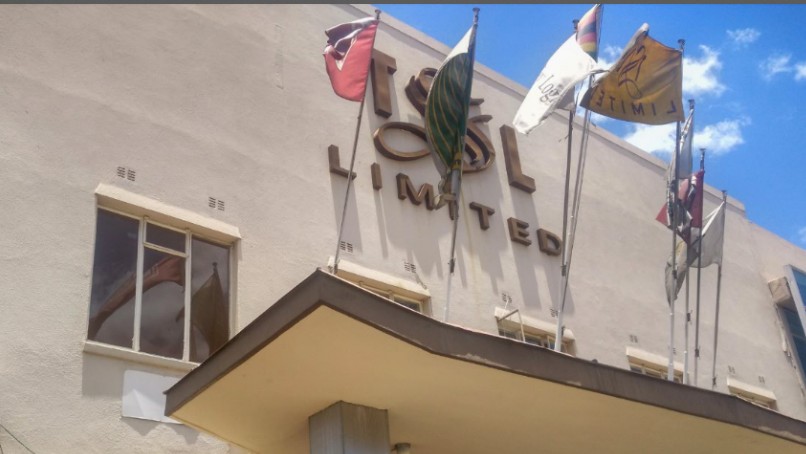SMEs applaud durable stability of fuel prices
Small to medium enterprises (SMEs) have commended the durable stability of fuel prices, saying it has enabled predictability in business planning and cost management, stressing that price volatility can be detrimental to the growth and viability of small and fledgeling companies.
Fuel prices play a pivotal role in the economy, determining transportation costs, commodity prices and overall inflation.
The masterstroke to achieving durable fuel price stability and adequate supply was the Government’s decision to liberalise the fuel sector and allow dealers to use free funds to procure the precious commodity.
Zimbabwe Chamber of SMEs national secretary, Kurauone Venancio said that the stability of fuel prices is a game-changer for SMEs across the country.
“Predictable fuel costs allow business owners to plan, manage transportation expenses effectively, and maintain steady pricing for their goods and services.
“This price stability prevailing across the country fosters confidence among entrepreneurs and consumers, creating a more favourable environment for growth,” he said.
With SMEs enjoying little economies of scale, they say the predictability and stability of fuel prices has helped them plan costs without fear of a huge price increase or shortages.
Big companies have the advantage that they may spread costs on huge volumes of products they produce, a luxury SMEs can only dream about.
“With reduced uncertainty, SMEs can reinvest in their businesses, expand operations and contribute meaningfully to economic development.
“If this trend continues, we anticipate a stronger and more resilient SME sector, which is vital for job creation and national prosperity,” Mr Vanancio added.
“Stability in key sectors like fuel is what our economy needs to thrive.”
Economist Gladys Shumbambiri-Mutsopotsi shared her sentiments on the issues saying “Stable fuel prices act as a buffer against inflationary pressures.
“When transportation costs are predictable, it reduces the likelihood of sudden price hikes in goods and services, thereby fostering a more stable economic environment.”
This stability in fuel costs has had a cascading effect on consumer behaviour.
In a predictable environment, consumers are inclined to make discretionary purchases, bolstering sectors such as retail and hospitality.
Such an uptick in consumer spending can stimulate further economic growth.
Despite the stabilisation of fuel prices, Zimbabwe experienced some inflationary pressures in January 2025 following a sharp increase in prices, driven predominantly by rising food and housing prices, which however moderated in February 2025, dropping back below three percent per month.
The Reserve Bank of Zimbabwe responded by maintaining its policy rate at 35 percent in February to curb further inflationary trends.
The bank policy signals the minimum threshold at which the central bank expects commercial banks to extend credit to borrowers, which can be encouraging or discouraging to economic agents.
Economist, Namatai Maeresera, emphasised the importance of a multifaceted approach to tackling inflation.
“While stable fuel prices provide some relief, addressing inflation requires comprehensive strategies, including prudent fiscal policies, strengthening the local currency and boosting domestic production to reduce reliance on imports.”
In Harare, some consumers acknowledged the benefits of stable fuel prices.
“It is a relief not to worry about fuel prices sky-rocketing overnight,” said a taxi driver who only identified himself as Tafadzwa. “But we need more than just stable fuel to feel truly secure about our future.”
Similarly, small business owner Chipochashe Chapotoka remarked, “Stable fuel costs have helped me manage my expenses better. However, high prices of food and rentals still make it challenging to save or invest in growing my business.”
The development signals, the positive impact of Government policies and market interventions are shielding the nation from global fuel price shocks.
With stable fuel costs, entrepreneurs, transport operators and ordinary consumers can plan their expenditures more confidently, ensuring continued economic growth and stability.
As the economy continues on this path of stability, the benefits of predictable fuel pricing are becoming increasingly evident.
Small and medium enterprises are thriving, consumer spending is rebounding and inflationary pressures are being contained, demonstrating the Government’s unwavering commitment to economic prosperity.-chronicle











